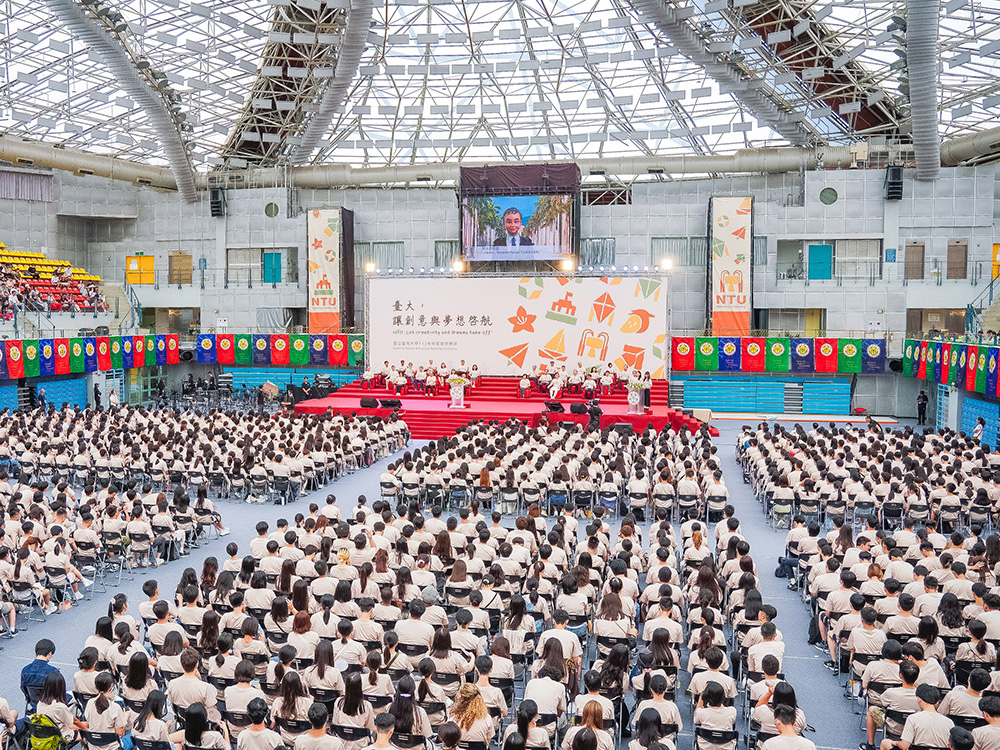
NTU Opening Ceremony: “Where Creativity and Dreams Take Flight”
瀏覽器版本過舊,或未開啟 javascript
請更新瀏覽器或啟用 javascript
Spotlights
DNA methylome and transcriptome landscapes of cancer-associated fibroblasts reveal a smoking-associated malignancy index.
DNA methylome and transcriptome landscapes of cancer-associated fibroblasts reveal a smoking-associated malignancy index.
A research achievement on methylome and transcriptome co-analysis of cancer-associated fibroblasts from patients with non–small-cell lung cancer was published in the top international journal, Journal of Clinical Investigation, on August by the NTU research team of Dr. Sheng-Fang Su (蘇聖芳), Graduate Institute of Oncology, Dr. Chao-Chi Ho (何肇基), Internal Medicine at NTU Hospital, Dr. Ker-Chau Li (李克昭) and Dr. Hao Ho (何昊), Institute of Statistical Science at Academia Sinica. The new epigenome-wide perspective of detecting perturbation in cancer-associated fibroblasts may provide valuable insights into the behavior of individual tumor microenvironment on clinical outcome, benefiting the development of personalized medicine. This study is featured on the journal cover.
Cancer-associated fibroblasts (CAF) are the major contributor within the tumor microenvironment (TME) that engages critical participants during tumorigenesis. In spite of the increasing interest in studying genome-wide profiling on cancer patient-derived CAFs for potential biomarker development and CAF-targeted therapy, the progress is hindered by the less molecular-level understanding of the CAF heterogeneity among the cancer patients. In this study, Su et al. succeeded in quantifying the pro-tumorigenic potency of CAFs via a DNA methylation signature and reported a smoking impact on premalignant TME, suggesting that smoking not only could incur disarrangement in cancer itself, but also may disrupt the physiological functions of surrounding CAFs. Exploring the definitive behavior of CAFs helps score patients with the risk of tumor relapse. Poor-graded patients are more likely to have poor prognosis.
Dr. Su has established an epigenomics laboratory for genome-wide epigenetic studies from bench work to clinical relevance. Her training in a world renounced cancer epigenetics laboratory, directed by Dr. Peter Jones, at University of Southern California where she received her Ph.D. has built her experience and expertise in cancer epigenetic research. By cross-disciplinary collaboration, she will continue to work on epigenomic studies in tumor biology and application on liquid biopsy for precision health.
Read more:https://doi.org/10.1172/JCI139552(Journal of Clinical Investigation)

NTU Opening Ceremony: “Where Creativity and Dreams Take Flight”
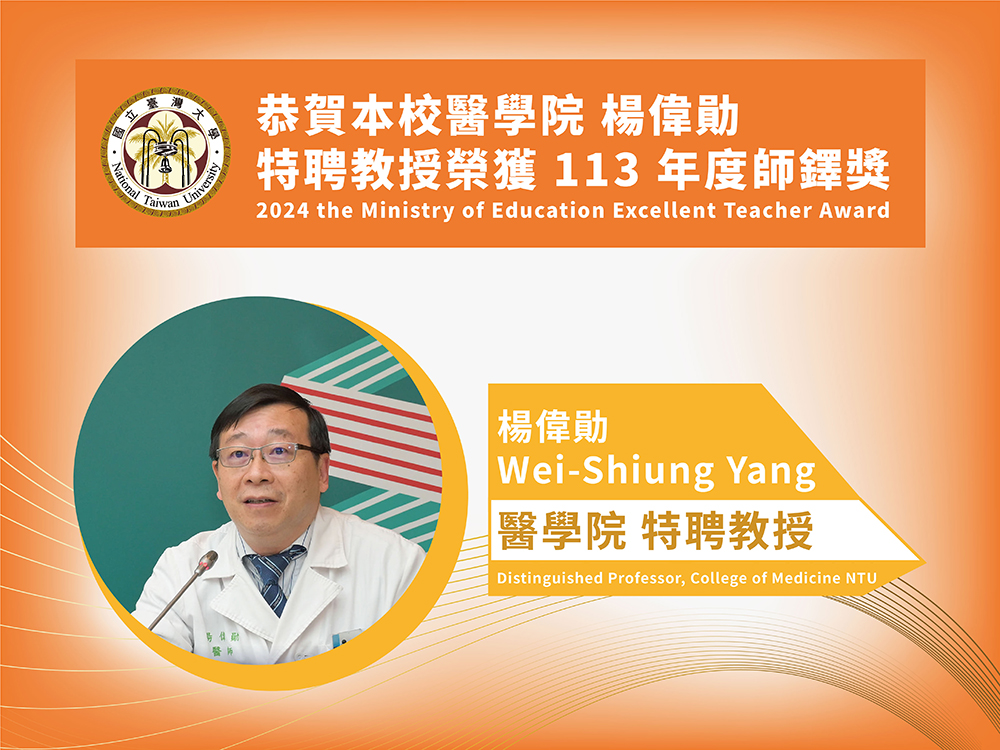
Prof. Wei-Shiung Yang wins MOE National Excellent Teacher Award
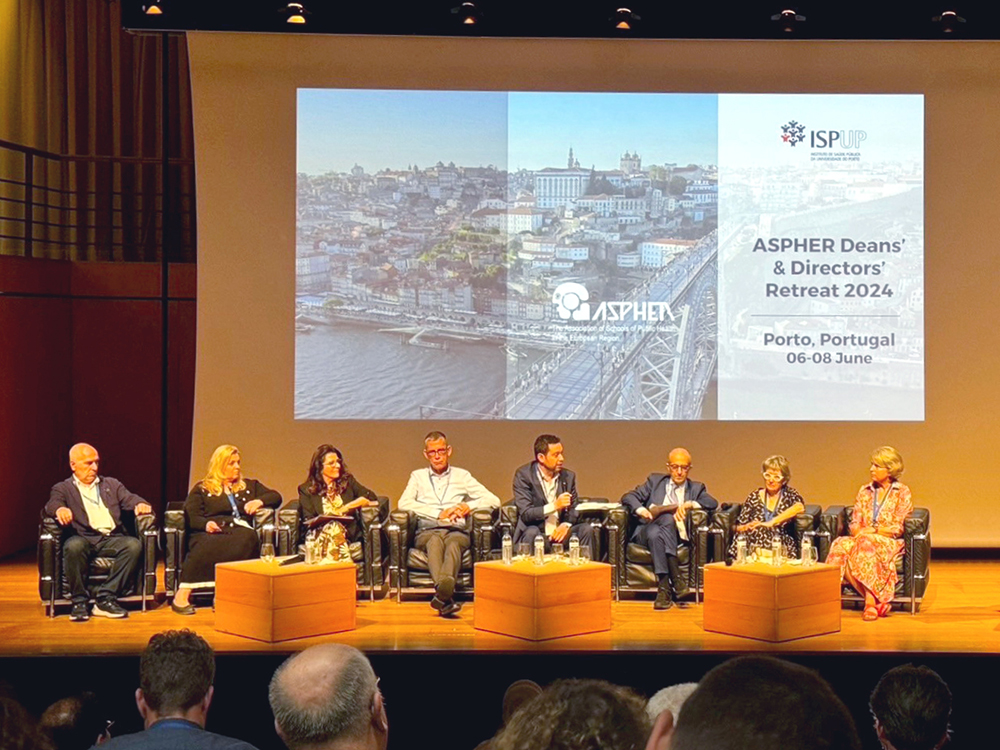
NTU College of Public Health's Global Health Program Joins the Association of Schools of Public Health in the European Region
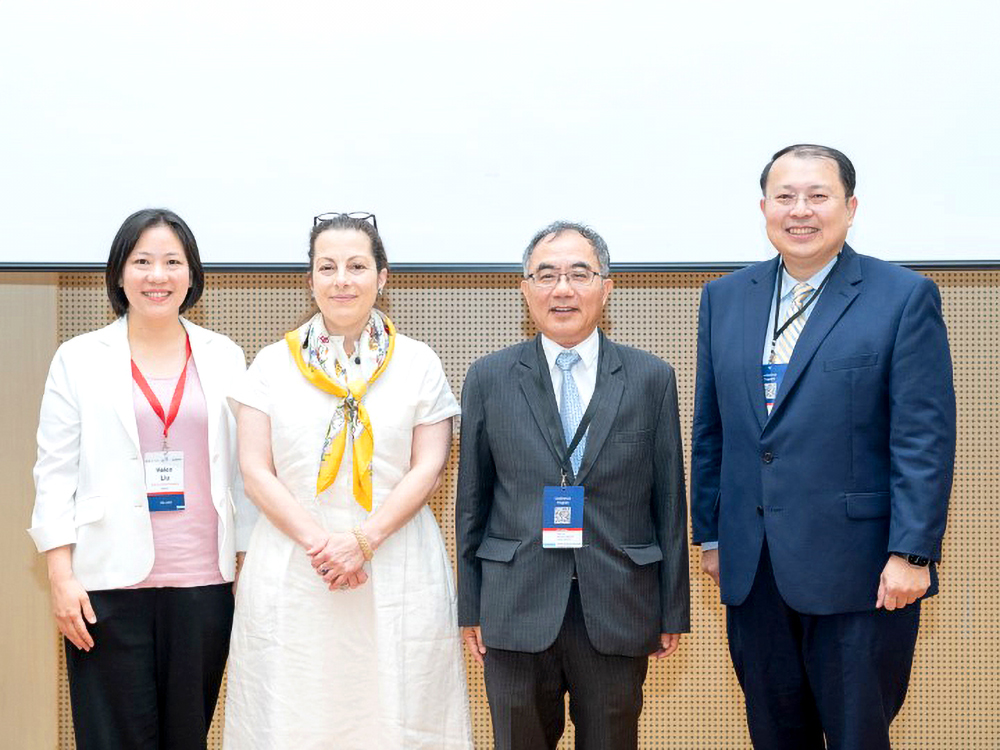
NTU hosts a successful dg.o 2024
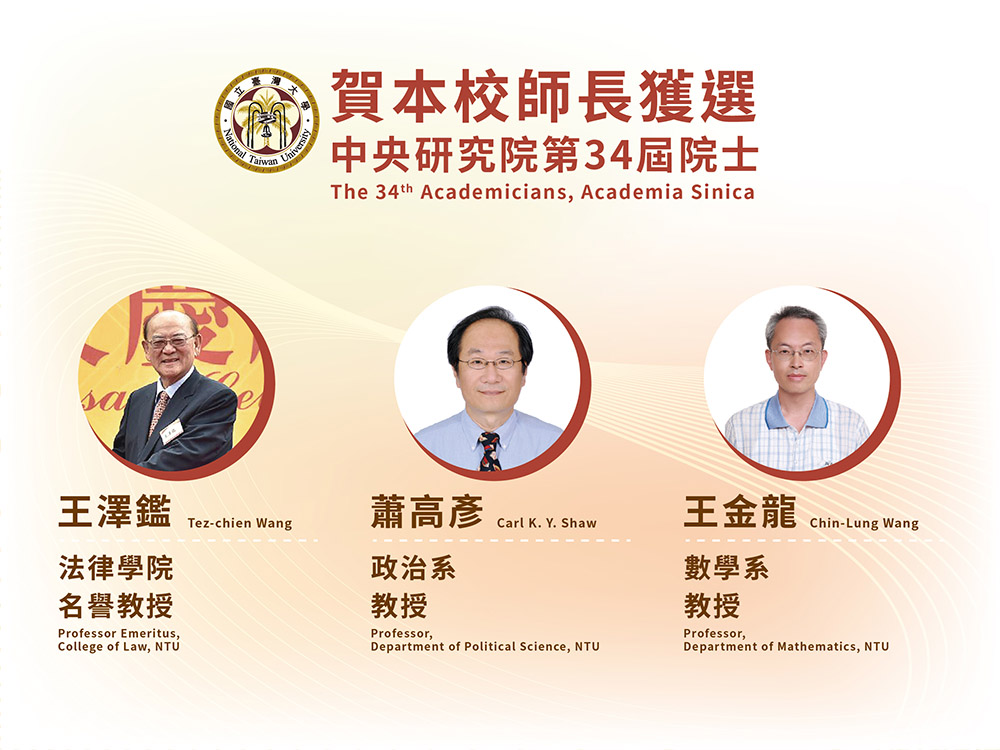
Congratulations to NTU faculty members elected as 34th AS academicians
Current Spotlights